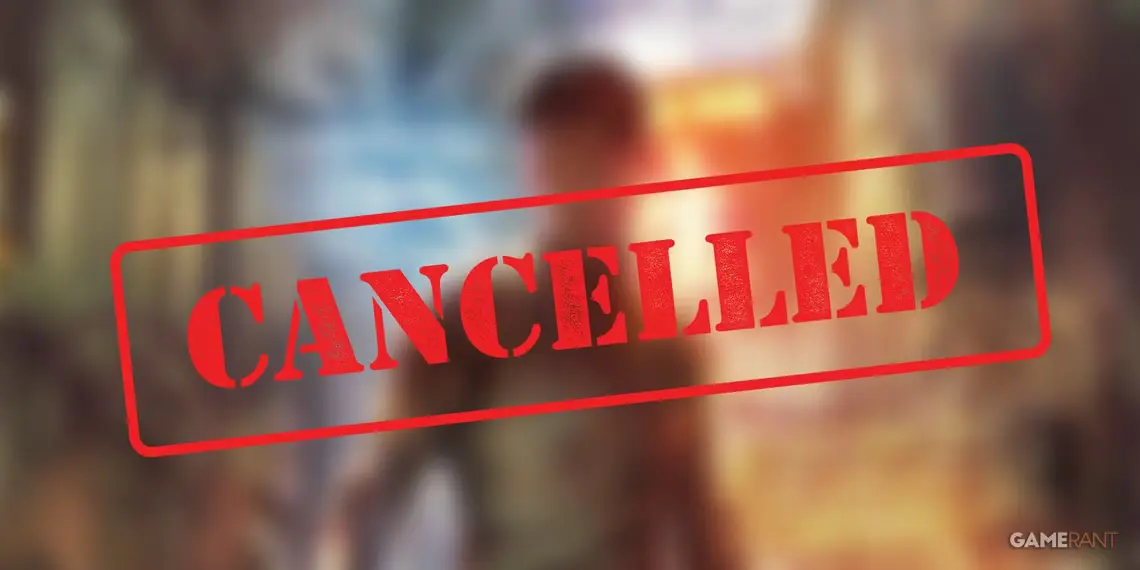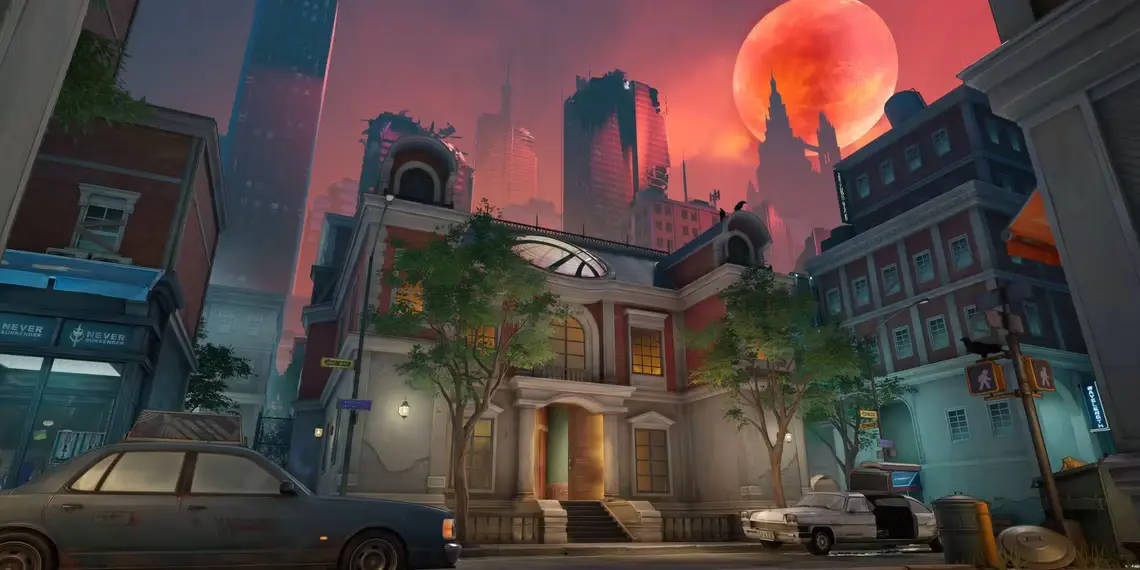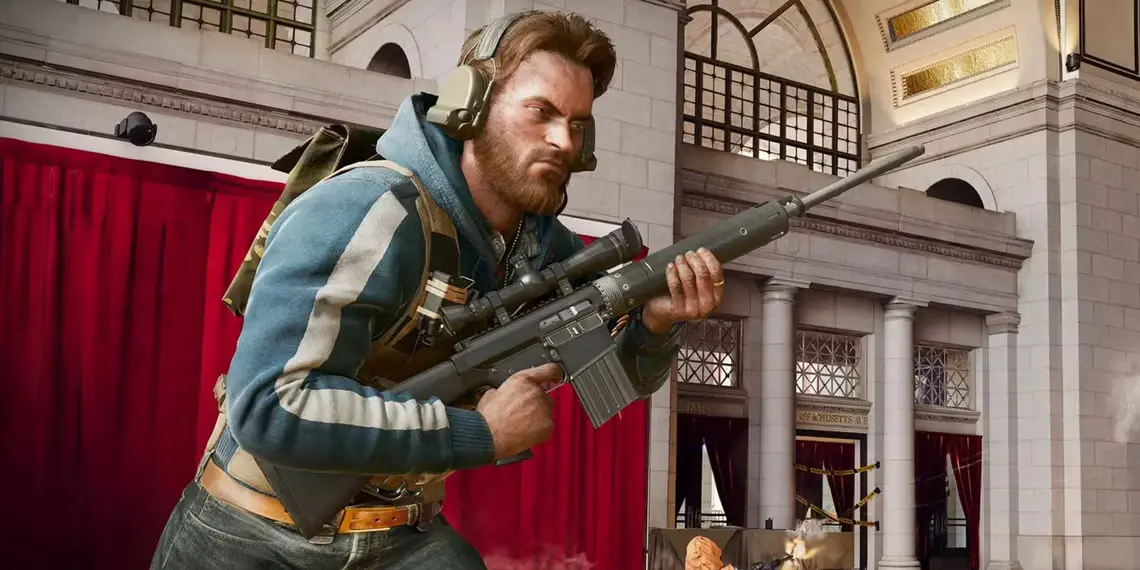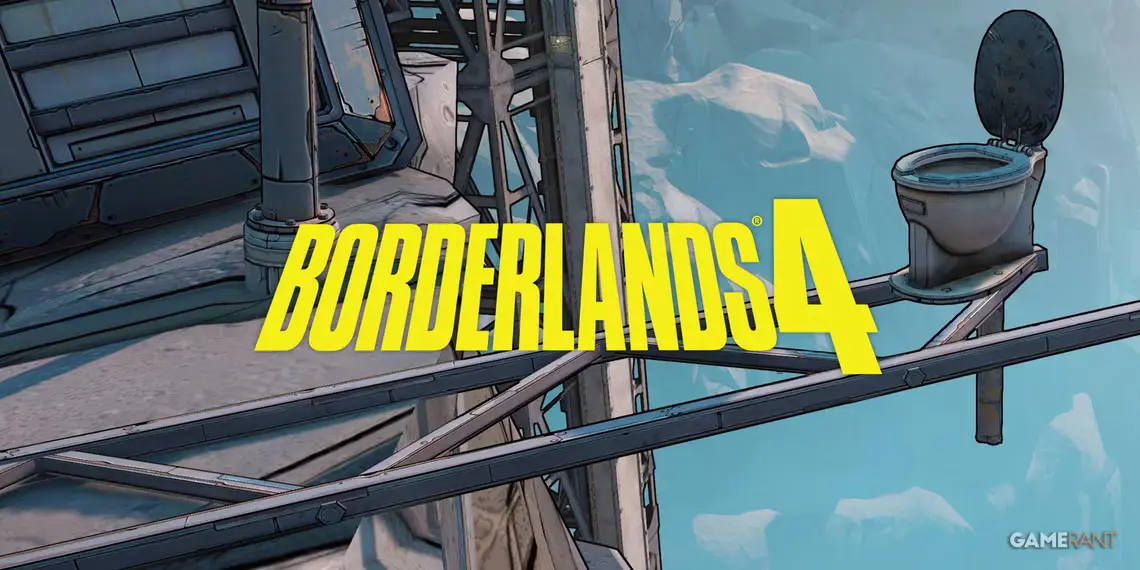Former employees of the struggling publisher Annapurna Interactive have reached an agreement to take over the management of Private Division, a studio that was previously part of Take-Two Interactive. Prior to a sudden change in 2024, Annapurna Interactive had a reputation for publishing several highly acclaimed games, such as Stray, Kentucky Route Zero, and What Remains of Edith Finch.
Founded in 2017, Private Division was sold by Take-Two Interactive in November 2024. The buyer’s identity was kept under wraps, and details about the studio’s future and its current titles were not disclosed. Sadly, this sale led to many staff members being laid off, coinciding with Take-Two’s larger trend of studio closures and workforce cuts.
A report from Jason Schreier suggests that Haveli Investments, a private equity firm based in Austin that focuses on technology and gaming, is the buyer for Private Division. It appears that Haveli has reached an agreement with the former Annapurna staff to take on and distribute games that are still associated with Private Division. This includes the anticipated release of Tales of the Shire in March 2025, the well-known Kerbal Space Program, and an upcoming project from Game Freak, the company behind Pokemon.
Private Division Shakeup Continues Precarious Industry Trend
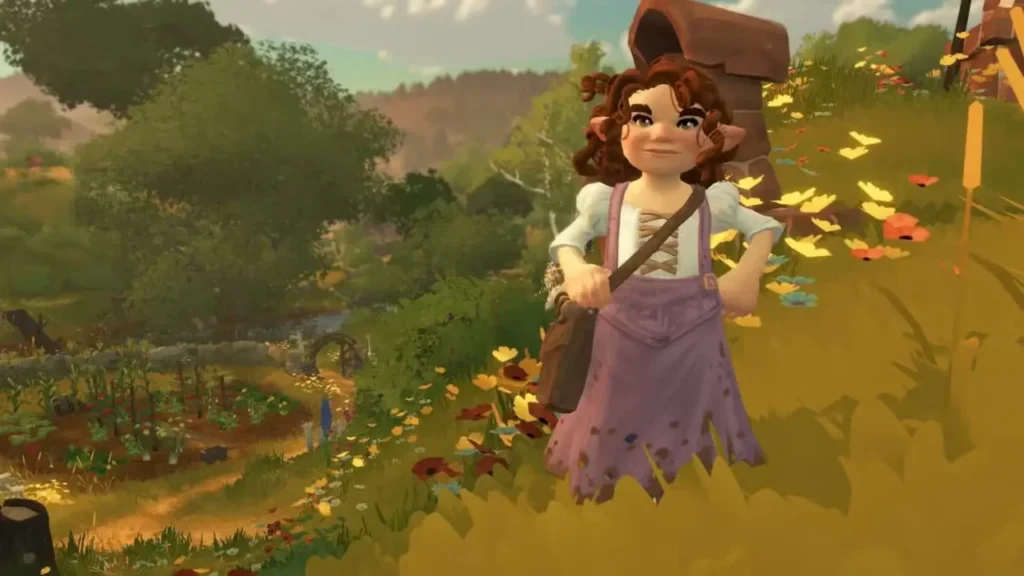
In September 2024, a significant portion of Annapurna Interactive’s workforce left its parent company following unsuccessful negotiations with Megan Ellison, the CEO of Annapurna Pictures. While Haveli’s acquisition of Private Division kept around twenty employees, some of the legacy staff might be let go to make room for the incoming Annapurna team. It’s still unknown if the Annapurna team will pursue any new intellectual properties or projects. The name and mission of the newly created studio have yet to be revealed.
The merger between Annapurna and Private Division serves as a telling sign of the gaming industry’s transformation, marked by numerous layoffs and studio closures in recent years. The welcoming of one group of gaming employees by another reflects the industry’s cutthroat mentality, especially as investors turn their backs on large-scale projects and the dangers they bring.

